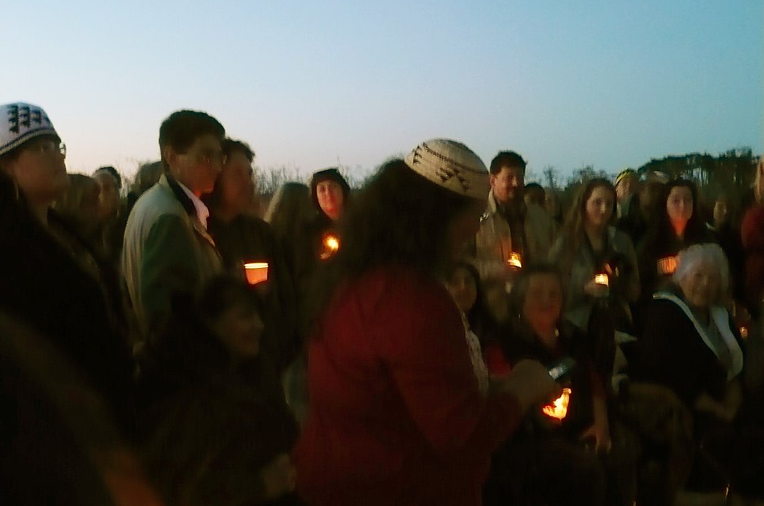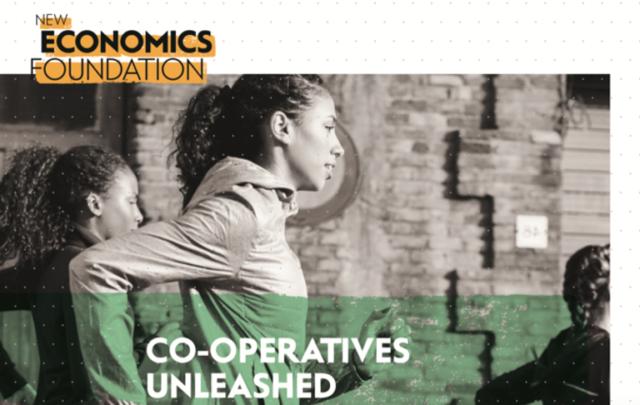Aaron Fernando is an independent writer covering grassroots movements and solidarity economy projects, with a focus on land, law, banking reform, and monetary innovation. He is an organizer focused on housing justice, works at a nonprofit doing communications around energy and climate initiatives, loves speculative fiction, and can be found on a co-operative instance of Mastodon at @[email protected]
How to start a mutual aid network
While the dominant U.S. economic system operates on this principle of persistent financial coercion, there is (and always have been) an alternative way to organize individuals into collectives providing essential services, without the need for coercion: mutual aid networks.
March 12, 2024
Artisans Cooperative: An Etsy alternative, owned and run by artists and makers
That platform, Artisans Cooperative, just launched its marketplace in October 2023, ahead of the holiday season. It is a place where artists and makers can list and sell their goods, and collectively run a business. It is a place where customers can browse and find actually-unique items that they can trust are made with care and skill.
January 31, 2024
Portland’s circular economy is primed for success. Can it offer a blueprint for the rest of us?
In the United States, the city of Portland, Oregon offers some leadership in terms of what this might look like in action. The city boasts a lively network of partnerships between nonprofits, businesses, civilians, and different bureaus and layers of government.
December 9, 2022
How to give the land back
The Wiyot Tribe and Cooperation Humboldt are working together to form a type of Community Land Trust (CLT), Dishgamu Humboldt, the first of its kind, to structurally ensure that the Wiyot tribe will maintain decision-making power in this land trust, forever.
September 13, 2021
UK Co-operative Party Releases Report Outlining Plans to Double the Size of Co-op Sector
On July 3, the Co-operative Party in the U.K. launched a report at parliament outlining a strategy to double the size of the U.K.’s cooperative sector by 2030. The report, written by the think tank New Economics Foundation (NEF), was commissioned by the Co-operative Party and comprises a vision of the party’s goals.
July 10, 2018
Blockchain as a Force for Good: How this Technology could Transform the Sharing Economy
When we find ourselves in a world fully immersed in blockchain, we will find that it is a permanently transformed one — one where cooperatives, schools, and neighborhood groups have many of the same technological advantages as governments and multinational corporations.
May 30, 2018







